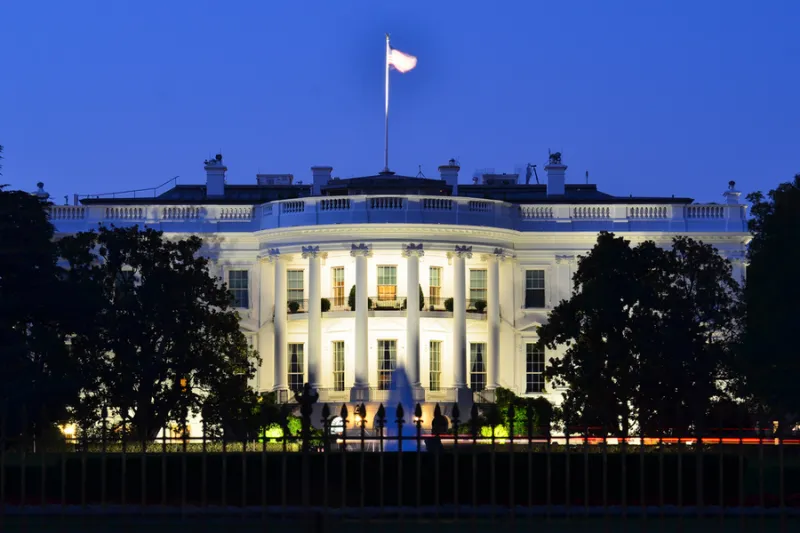
Washington D.C., May 17, 2021 / 14:00 pm (CNA).
The White House on Monday made statements in favor of legal abortion and the Equality Act.
Earlier on Monday, the Supreme Court had agreed to consider a challenge to Mississippi’s ban on most abortions after 15 weeks of pregnancy. Asked about the court’s decision to take up the case, White House press secretary Jen Psaki would not specifically comment on the decision, but offered a general defense of legal abortion.
“Over the last four years, critical rights – like the right to health care, the right to choose – have been under withering and extreme attack, including through draconian state laws,” Psaki said at Monday’s White House press briefing.
President Biden, she said, “is committed to codifying Roe,” the Supreme Court’s 1973 ruling that legalized abortion nationwide. While campaigning for president in 2020, Biden – a Catholic – supported the codification of Roe in law and called for taxpayer-funded abortion.
“And the president and the vice president are committed to ensuring that every American has access to health care, including reproductive health care, regardless of their income, zip code, race, health insurance status, or immigration status,” Psaki stated.
The White House also called on Congress to pass the Equality Act, in a statement for May 17, the International Day Against Homophobia, Transphobia and Biphobia.
“I continue to urge Congress to pass the Equality Act, which would confirm critical civil rights protections on the basis of sexual orientation and gender identity for all Americans,” Biden stated.
The Equality Act would institute broad civil rights protections for sexual orientation and gender identity, while specifically overriding religious freedom claims under the Religious Freedom Restoration Act.
Legal experts have warned that the act could impede religious freedom on a number of fronts – mandating, for example, that business owners serve a same-sex wedding ceremony contrary to their religious beliefs. Faith-based women’s shelters could be forced to house biological men identifying as transgender women, under the legislation. Church halls could be forced to host events with messages that contradict the teachings of their faith.
“We continue to implement my executive orders to advance equality and equity,” Biden stated. In one of his first acts in office, Biden signed an executive order interpreting federal laws against sex discrimination to also include protections for sexual orientation and gender identity.
“Everyone is entitled to dignity and equality, no matter who they are, whom they love, or how they identify — and we will continue to engage with allies and partners to advance the human rights of LGBTQI+ people here at home and in all corners of the world,” Biden stated on May 17.
If you value the news and views Catholic World Report provides, please consider donating to support our efforts. Your contribution will help us continue to make CWR available to all readers worldwide for free, without a subscription. Thank you for your generosity!
Click here for more information on donating to CWR. Click here to sign up for our newsletter.




Executioner Stalin has been described as Genghis Khan with a telephone.
Maybe Executive Biden can be described as a Pelosi hand-puppet with a teleprompter.